Best Bergamot Companion Plants
Title: Best Bergamot Companion Plants
Introduction:
Bergamot (Monarda didyma) is a beautiful, fragrant perennial herb that is native to North America. It is known for its attractive, daisy-like flowers that bloom in a variety of colors, including red, pink, purple, and white. Bergamot is also a valuable herb for pollinators, as it attracts bees, butterflies, and hummingbirds.
In addition to its beauty and usefulness, bergamot is also a relatively easy plant to care for. It prefers full sun and well-drained soil. Bergamot is drought-tolerant once established, but it does benefit from regular watering during the first year of growth.
One of the best things about bergamot is that it can be companion planted with a variety of other plants. Companion planting is the practice of planting different types of plants together in order to benefit each other. By choosing the right companion plants, you can help to improve the health, growth, and productivity of your bergamot plants.
Main Content:
Here are some of the best companion plants for bergamot:
- Lavender: Lavender is a beautiful, fragrant herb that is known for its insect-repelling properties. It can help to keep pests away from bergamot plants, which can help to reduce the need for chemical pesticides. Lavender also helps to attract pollinators, which can help to improve the pollination of bergamot flowers.
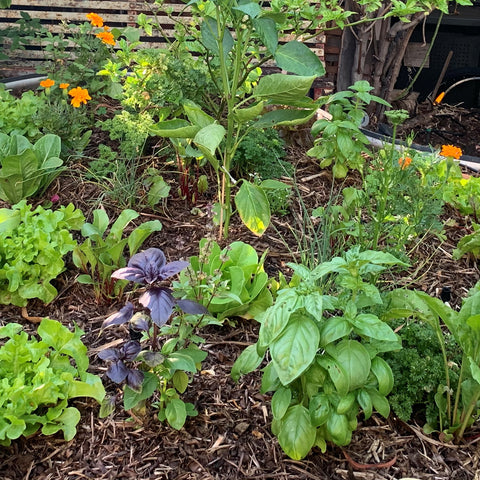
- Rosemary: Rosemary is another aromatic herb that is known for its insect-repelling properties. It can also help to improve the flavor of bergamot flowers. Rosemary is a relatively drought-tolerant plant, which makes it a good choice for companion planting with bergamot.
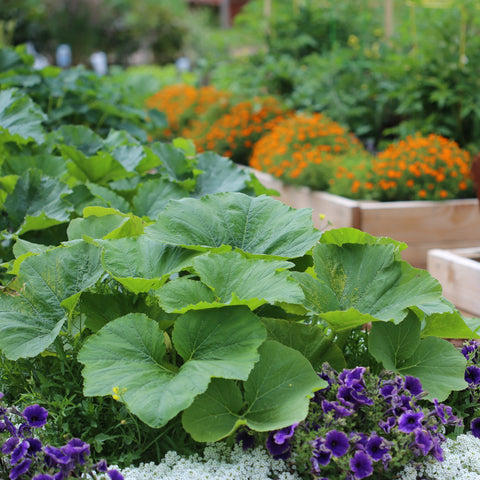
- Chamomile: Chamomile is a calming herb that is often used to make tea. It is also a good companion plant for bergamot, as it can help to improve the growth and flowering of bergamot plants. Chamomile is a relatively low-maintenance plant, which makes it a good choice for companion planting with bergamot.
- Mint: Mint is a fast-growing herb that can be invasive, so it is important to plant it in a container or in a designated area where it can spread without taking over your garden. Mint is a good companion plant for bergamot because it can help to repel pests and attract pollinators.
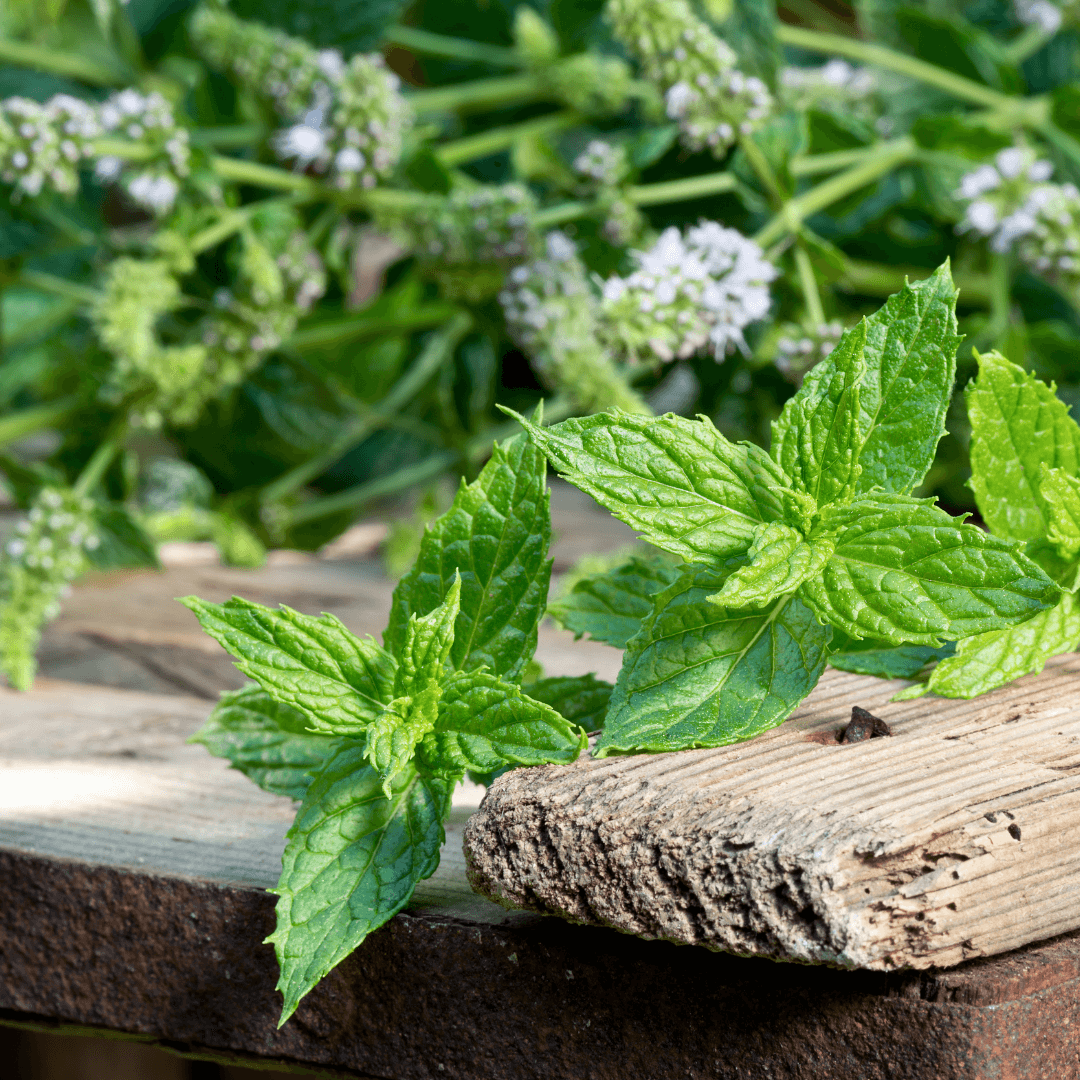
- Tomatoes: Bergamot can help to repel pests that can damage tomatoes, such as aphids and whiteflies. Tomatoes can also benefit from the presence of bergamot, as the bergamot plant can help to improve the flavor of the tomatoes.
- Squash: Bergamot can help to repel squash bugs, which can be a major pest for squash plants. Squash can also benefit from the presence of bergamot, as the bergamot plant can help to improve the pollination of the squash flowers.
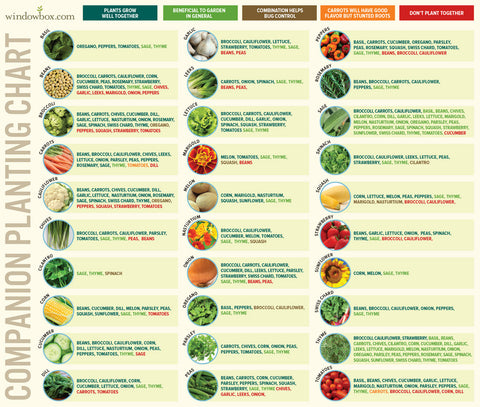
- Black-eyed Susans: Black-eyed Susans are a beautiful wildflower that can help to attract pollinators to your garden. They can also help to improve the drainage around bergamot plants, which can help to prevent root rot.
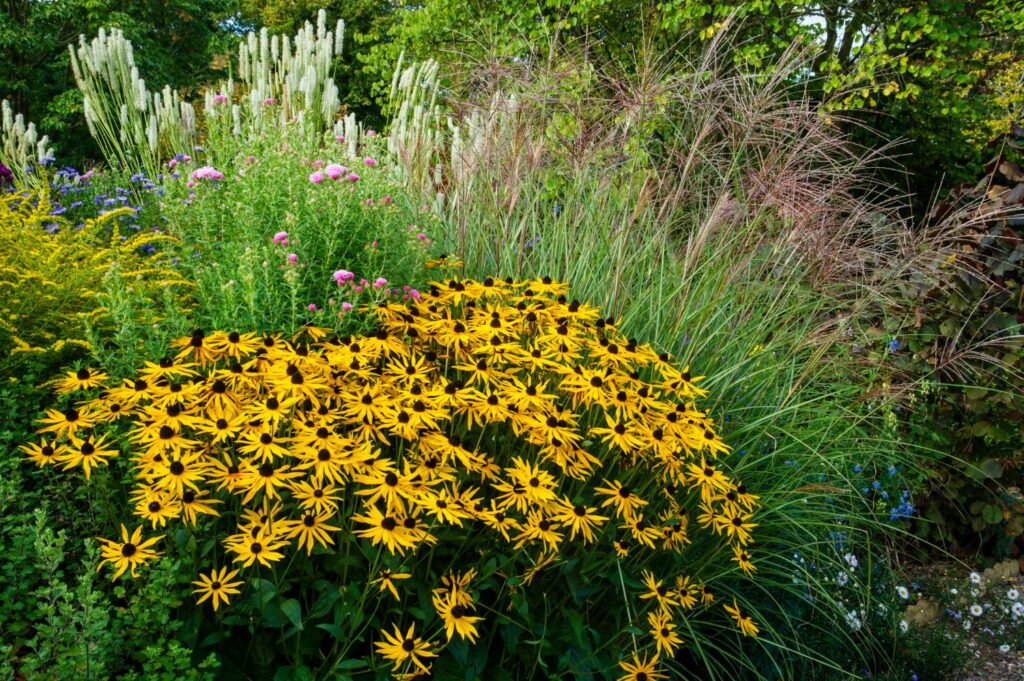
- Echinacea: Echinacea is another beautiful wildflower that can help to attract pollinators to your garden. It can also help to improve the health of bergamot plants by deterring pests and diseases.
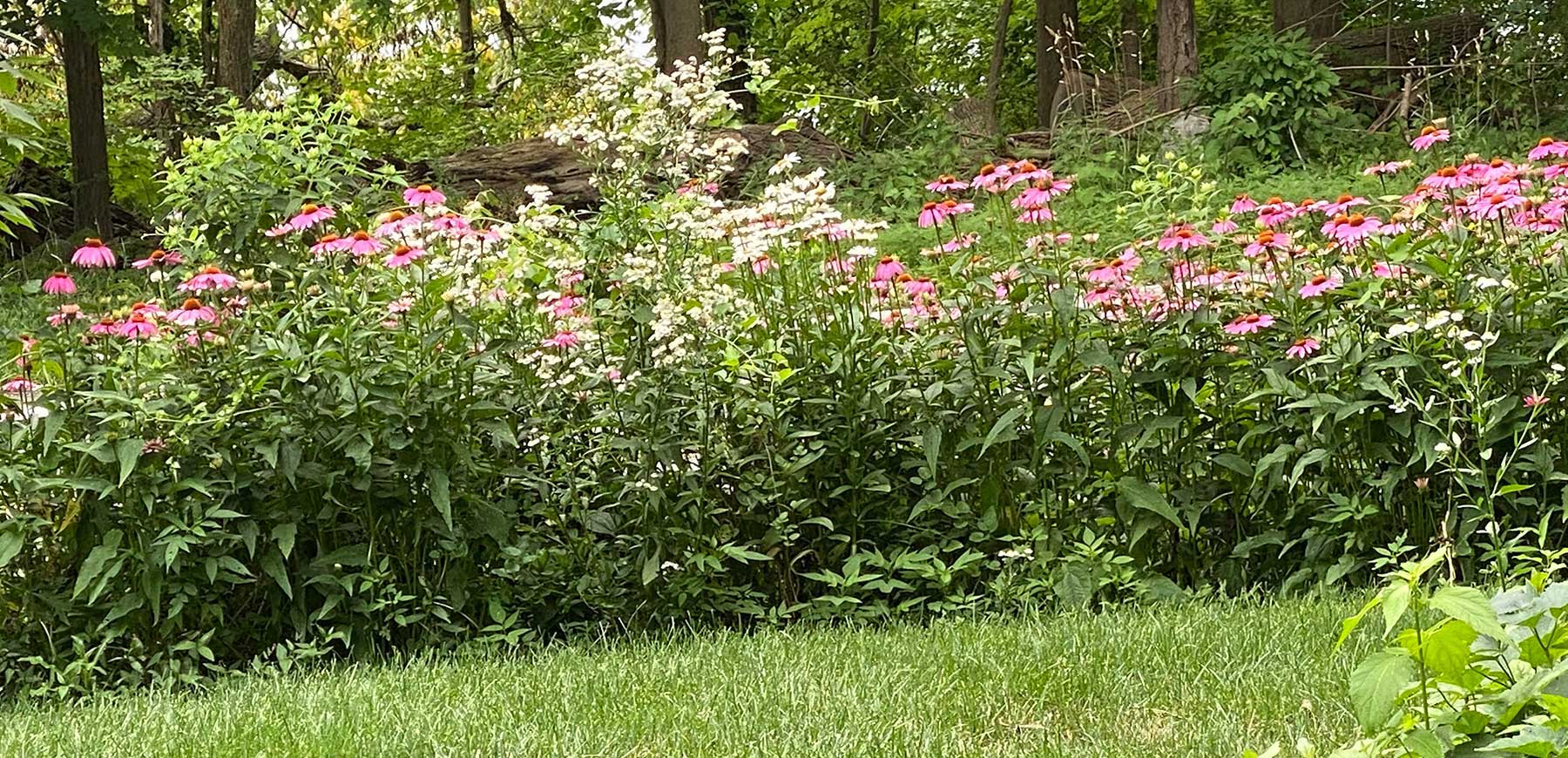
Conclusion:
By choosing the right companion plants for bergamot, you can help to improve the health, growth, and productivity of your bergamot plants. Companion planting is a great way to create a beautiful, balanced garden that is beneficial for both plants and humans.
Bee balm, also known as bergamot, is a beautiful and fragrant herb that can attract pollinators to your garden. When choosing companion plants for bee balm, it is important to consider their growth habits, water needs, and sun requirements. Some good companion plants for bee balm include:
- Black-eyed Susans
- Coneflowers
- Cucumbers
- Daisies
- Liriope
- Peppers
- Spirea
- Tomatoes
For more information about bergamot companion plants, please visit Home Gardening.
FAQ of bergamot companion plants
- What are the best companion plants for bergamot?
Some of the best companion plants for bergamot include:
Black-eyed Susans: These plants have the same growing conditions as bergamot and can help to attract pollinators.
Catnip: Catnip is a great companion plant for bergamot because it helps to repel pests.
Lavender: Lavender is another great pest-repelling plant that can also help to attract pollinators.
Nasturtiums: Nasturtiums are a good companion plant for bergamot because they help to deter aphids.
Tomatoes: Tomatoes and bergamot can be planted together because they help to improve each other's growth.
Where should I plant bergamot?
Bergamot should be planted in full sun to partial shade. It prefers well-drained soil that is rich in organic matter.
- How much water does bergamot need?
Bergamot needs regular watering, especially during the first year of growth. Once established, it can tolerate some drought.
- How do I fertilize bergamot?
Bergamot should be fertilized once a month during the growing season with a balanced fertilizer.
- How do I propagate bergamot?
Bergamot can be propagated by division or by seed. To divide bergamot, dig up a mature plant and separate the roots into smaller clumps. To propagate bergamot from seed, sow the seeds in the spring in a well-drained soil.
- What are some common pests and diseases of bergamot?
Some common pests of bergamot include aphids, spider mites, and whiteflies. Some common diseases of bergamot include powdery mildew and rust.
- How can I control pests and diseases on bergamot?
Pests and diseases on bergamot can be controlled by using insecticidal soap, neem oil, or horticultural oil. Powdery mildew and rust can be controlled by using a fungicide.
Image of bergamot companion plants
- Bergamot and lavender: Both bergamot and lavender are aromatic plants that attract pollinators. They can be planted together in a garden or in a pot on a patio.
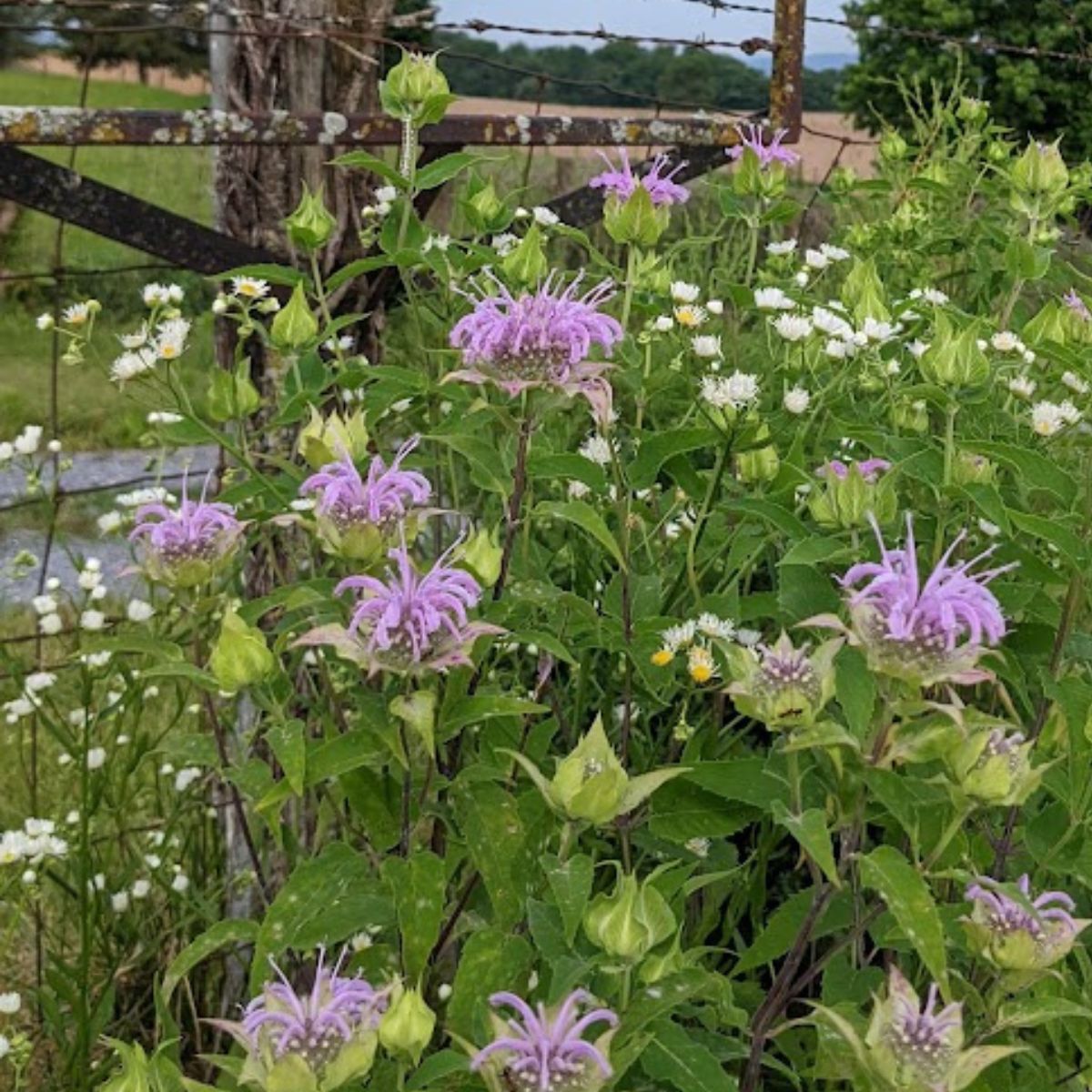
- Bergamot and tomatoes: Bergamot can help to repel pests from tomatoes. It can also be used to make a natural insecticidal spray.
- Bergamot and roses: Bergamot can help to deter pests from roses. It can also be used to make a natural rose fertilizer.

- Bergamot and beans: Bergamot can help to improve the growth of beans. It can also be used to deter pests from beans.
- Bergamot and carrots: Bergamot can help to repel pests from carrots. It can also be used to improve the flavor of carrots.

- Bergamot and cucumbers: Bergamot can help to repel pests from cucumbers. It can also be used to improve the flavor of cucumbers.
- Bergamot and squash: Bergamot can help to repel pests from squash. It can also be used to improve the flavor of squash.
- Bergamot and sunflowers: Bergamot can help to attract pollinators to sunflowers. It can also be used to improve the growth of sunflowers.

- Bergamot and herbs: Bergamot can be planted with other herbs, such as rosemary, thyme, and oregano. This can help to create a fragrant and pest-repelling garden.

- Bergamot and flowers: Bergamot can be planted with flowers, such as zinnias, marigolds, and cosmos. This can help to create a beautiful and pest-repelling garden.
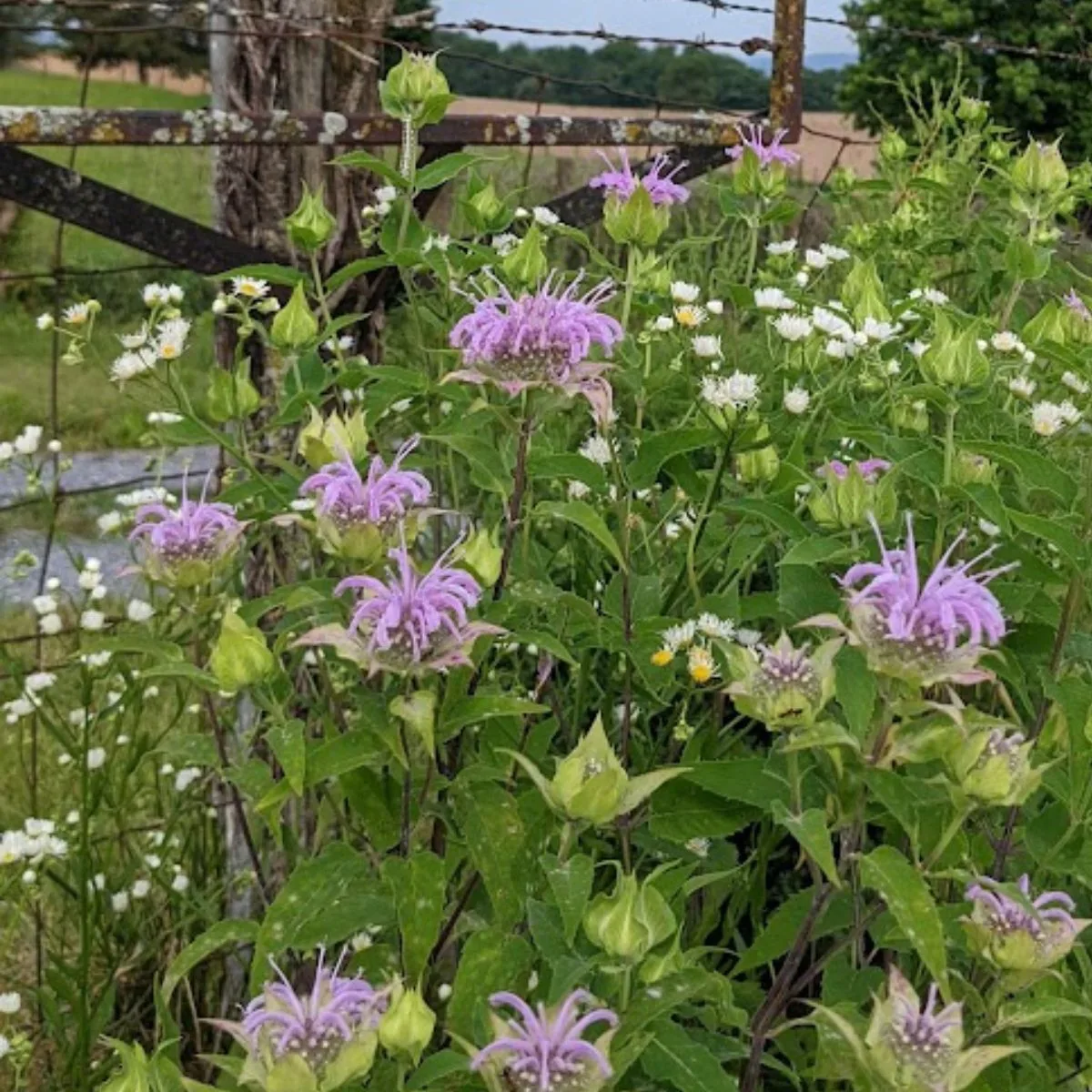
Post a Comment for " Best Bergamot Companion Plants"